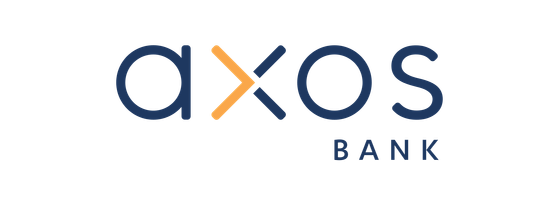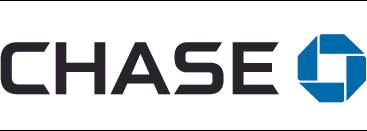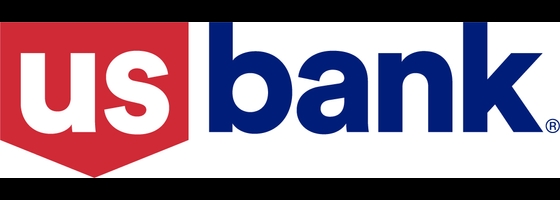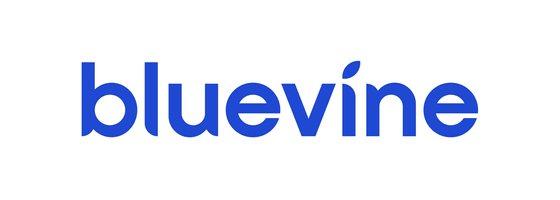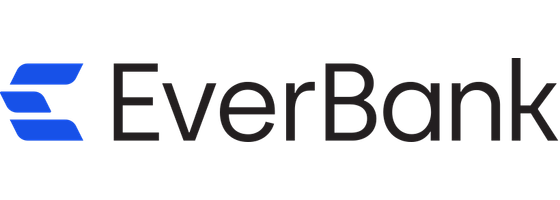- High APY available.
- Low minimum opening deposit.
- Unlimited reimbursements on domestic ATM fees.
Best Free Business Checking in February 2025

Our evaluations and opinions are not influenced by our advertising relationships, but we may earn a commission from our partners’ links. This content is created by TIME Stamped, under TIME’s direction and produced in accordance with TIME’s editorial guidelines and overseen by TIME’s editorial staff. Learn more about it.
A business checking account can serve several purposes, from simplifying day-to-day expense tracking to making things easier at tax time. Fortunately for small business owners, there’s no shortage of business checking accounts available. But certain accounts come with high costs, large minimum deposit requirements, and other drawbacks, so comparing options is essential.
We’ve taken some of the guesswork out of the process by rounding up some top free business checking accounts. Here’s what to know about each, why we recommend these accounts, and what to consider as you research options for your business.
The Axos Business Interest Checking account is a great option for those who want to earn interest on their checking balance and a lucrative bonus. With this account, you can earn up to 1.01% on balances of $49,999.99 or less and a $400 opening bonus when you meet certain qualifying requirements.
Axos does charge a $10 monthly maintenance fee, but you can get this fee waived by maintaining an average daily checking account balance of $5,000.
Those interested in earning a bank account bonus might consider a Chase Business Complete Checking account. As a new account holder, you can earn a $400 bonus when you complete certain qualifying activities. And it provides free debit cards for employees.
While the bonus could boost your business savings, this checking account comes with a monthly maintenance fee of $15. That said, the fee can be waived by maintaining a minimum daily balance of $2,000 or meeting other requirements.
If you’re a small business owner who’s just getting started, the U.S. Bank Silver Business Checking account could be worth considering. This straightforward account has no monthly fees and a relatively small $100 minimum opening deposit.
This account doesn’t earn interest, though new account holders can earn an impressive $800 promotional bonus by completing qualifying activities.
Small business owners can earn up to 1.50% APY on balances under $100,000 with a LendingClub Tailored Checking account. And when you use your companion debit card, you can earn 1% back on qualifying purchases. This account also integrates with QuickBooks and Quicken, making it easy to track your business expenses and revenue across platforms.
LendingClub charges a 10 monthly maintenance fee for its Tailored Checking account, but this fee can be waived by maintaining an account balance over 500.
$0
Those seeking a high APY will appreciate the Bluevine Business Checking account. You can earn 2% on your balance with this account, provided it’s under $250,000.
While most standard checking accounts offer 250,000 worth of (Federal Deposit Insurance Corporation) FDIC insurance to protect you against potential bank failures, up to 3 million in deposits will be insured with a Bluevine Business Checking account. You won’t pay any monthly maintenance or overdraft fees either.
$0
The EverBank Small Business Checking account is a great option if you’re seeking a straightforward account that earns some interest. This account has a 0.50% APY, which is less impressive than some competitors but still relatively high overall. Account holders also benefit from no monthly maintenance or overdraft fees, as well as ATM reimbursements after meeting certain requirements.
That said, EverBank requires a minimum opening deposit of $1,500 for this account, which is comparatively high. There’s also no promotional account bonus available with its Small Business Checking account.
With a Grasshopper Innovator Business Checking account, you can earn up to 2.25% APY on your balance. Account holders can also earn unlimited 1% cash back on their debit card purchases and benefit from unlimited transfers and a low minimum opening deposit of just $100.
That said, you won’t get a bank account bonus with this account, as none are currently available from Grasshopper.
| Account | APY | Monthly fees | Overdraft fees | Minimum deposit | Bonus |
|---|---|---|---|---|---|
Axos Business Interest Checking | 1.01% (on balances under $49,999.99) | $10 (can be waived) | Up to $25 | $100 | $400 |
Chase Business Complete Banking | N/A | $15 (can be waived) | Up to $34 | $0 | $400 |
U.S. Bank Silver Business Checking | N/A | None | Up to $36 | $100 | $800 |
LendingClub Tailored Checking | 1.50% (on balances under $100,000) | $10 (can be waived) | Not disclosed | $100 | N/A |
Bluevine Business Checking | 2% (on balances under $250,000) | $0 | $0 | $0 | N/A |
EverBank Small Business Checking | 0.50% | $0 | $0 | $1,500 | N/A |
Grasshopper Innovator Business Checking | 2.25% | $0 | N/A | $100 | N/A |
When determining our top picks for business checking accounts, we considered several key factors, including APY, account fees, initial deposit minimums, and account bonuses. All the accounts on our list feature no monthly maintenance fees or fees that can be waived by meeting certain requirements, making them a suitable choice for those seeking a free business checking account.
To find the best free business checking account for your situation, consider the following:
Interest-bearing business checking accounts are relatively uncommon, but if you’re able to find one, it’s probably worth comparing—especially if it offers a fairly high APY. For instance, if you can find a business checking account with a 1% APY and maintain a $10,000 balance, that adds up to $100 in interest earnings after a year, assuming no additional deposits.
It’s important not to consider APY in a vacuum, as fees can easily eat into potential interest earnings. While the accounts we have reviewed offer either no monthly fees or monthly fees that can be waived, not all business checking accounts have this same benefit. Look at monthly maintenance, overdraft, and other fees as you compare options.
Minimum initial deposit amounts also vary across business checking accounts. Some banks have no minimum deposit requirement at all and others require a fairly large opening deposit.
Some financial institutions offer bonuses for opening new business checking accounts and meeting certain requirements. For instance, you may need to make a set amount of direct deposits or maintain a specific average daily balance within your first three months of account opening. While meeting the requirements to earn a bank account bonus can take some work, a generous bonus could amount to several hundred dollars, so taking the steps to earn it is often worthwhile.
Business checking accounts may come with monthly transaction limits. You could have a monthly limit of 100 transactions, for example, with certain accounts. Exceeding set transaction limits may result in additional fees. For this reason, you’ll want to consider how frequently you plan to use your business checking account to make purchases, accept payments, and pay bills.
Features and tools vary depending on the bank and account you choose, so it’s essential to consider your needs before opening a new account. For instance, do you rely heavily on mobile banking for your business? Do you want a feature that allows you to accept credit card payments? These may be options with certain business checking accounts.
While business and personal checking accounts both provide flexible access to your money and may have features in common, the two account types serve different purposes. Small business owners use business checking accounts for transactions that help support their daily operations. For instance, it’s common to use a business checking account for office supply purchases, subscription costs, utility costs for office space, and other professional expenses.
Also, as their name suggests, personal checking accounts are used for personal transactions. For instance, you might use your personal checking for household purchases, utility bills, to pay your mortgage or rent, and more.
If you’re a solopreneur or own a small business, having both a business and personal checking account is a wise choice. This will allow you to separate your business and household expenses more easily, simplifying essential tasks like bookkeeping and filing taxes.
Besides account features, you’ll also want to think about the following to choose the right business checking account.
While business checking accounts serve a valuable purpose—keeping your business and personal finances separate—different accounts offer varying features and requirements. Comparing different banks and accounts can help you find an option that best meets your needs, whether you’re looking for a generous APY or bank account bonus, a low minimum opening deposit, or the option to integrate your account with software that makes running your business easier.
Not generally. You’ll likely need to provide your employer identification number (EIN), but you’ll also be asked for both personal information and other business information, including copies of relevant business licenses, and more, to open a new business bank account.
Requirements can vary by financial institution and account. Some may require a fairly sizable opening deposit, while others may not have an initial opening deposit at all. You’ll also likely need to have a valid EIN unless you’re a sole proprietor or single-member limited liability company (LLC).
You can generally open a free business checking account online. A variety of banks and credit unions offer this option. You may need to provide a copy of a government-issued ID to verify your identity, as well as other personal and business information.
The information presented here is created by TIME Stamped and overseen by TIME editorial staff. To learn more, see our About Us page.
